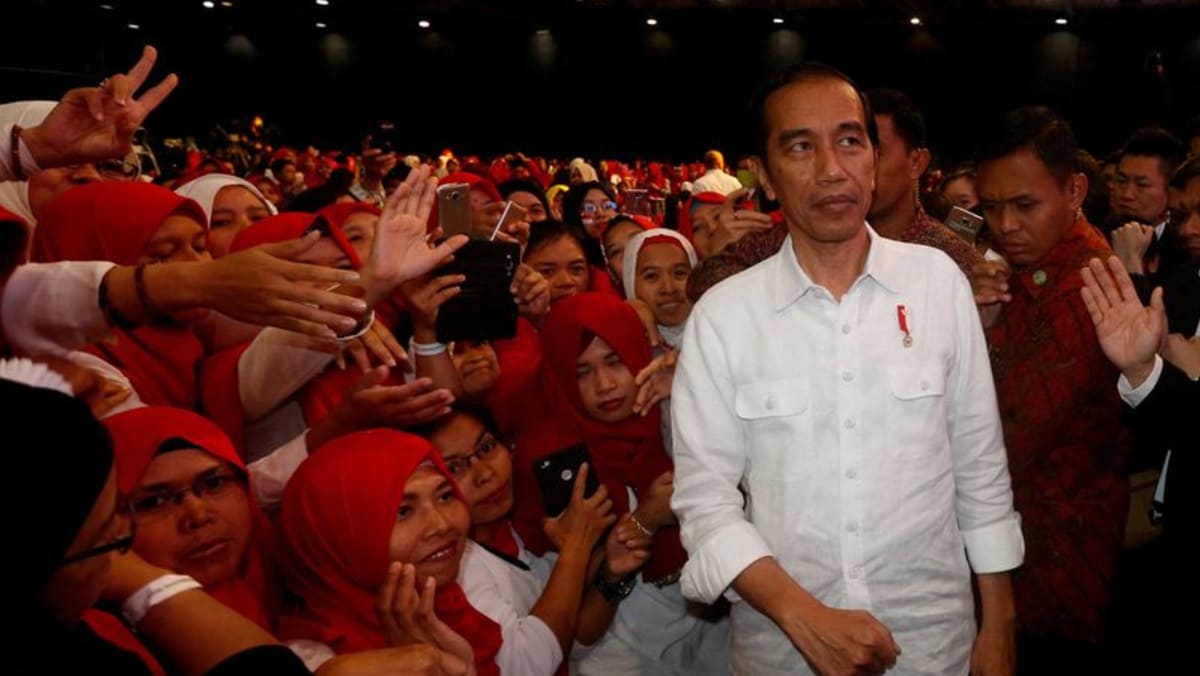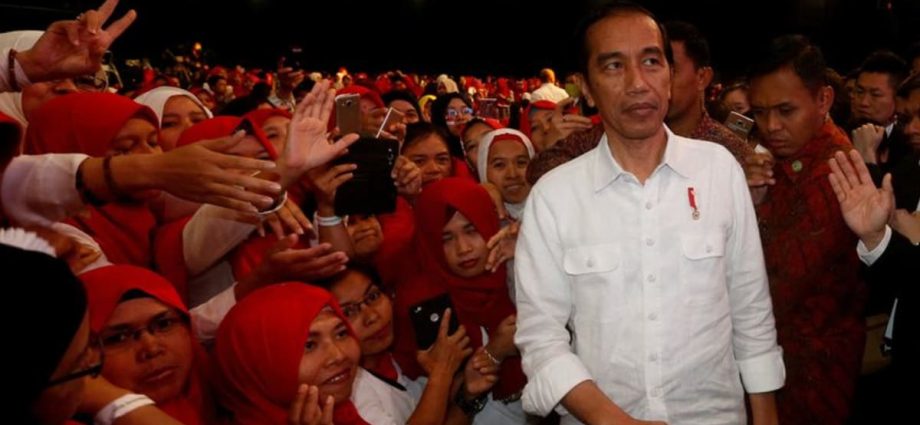
IMPLEMENTATION OVER IDEOLOGY
I interviewed Widodo twice, the last time during his 2019 re-election campaign, in an airport lounge. He was returning from one of his blusakans, a visit to the villages to listen to voters, and showed up dressed in an inexpensive-looking shirt and sneakers.
He emphasised “implementation” over “ideology” and the need for flexibility in a leader. He described himself as willing to play any role – director, producer, actor, “even the audience”. The frontrunner to replace him, former general Prabowo Subianto, has recast his image in a similarly approachable mould.
Throughout his tenure, Widodo made a priority of containing the deficit, which averaged less than 3 per cent of gross domestic product during his terms.
He inherited a plan for universal healthcare and pushed it hard, extending coverage from 56 per cent to 94 per cent of the people in a population of 280 million. That’s the largest programme of its kind in the world, yet public health spending still comes in at barely 1 per cent of GDP.
Widodo was also very conscious of keeping inflation low, saying rising prices hurt the poor the most. Food price inflation, a scourge that has toppled many a leader, trended steadily down on his watch.
But during his time in office, the economy did not enjoy the 7 per cent growth he had promised. Indonesia grew at a rate of 4 to 5 per cent a year, faster than most emerging nations certainly, but no faster than its Southeast Asian neighbours.
One of his top advisers told me that he kept urging Widodo to run a bigger deficit, in order to push growth faster, but the president remained cautious, choosing stability over a dash for growth. This might be explained by the way that 1998, the year riots provoked by the Asian financial crisis left Jakarta in flames, still lingers in the minds of many Indonesians.
Stability seems to suit them. In a 2023 Edelman survey of leading developed and developing nations, 73 per cent of Indonesians said they expected to be better off in five years – among the highest readings for any country.

